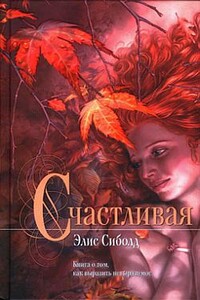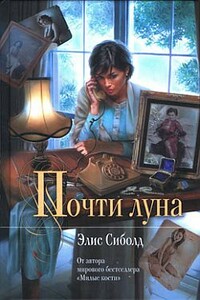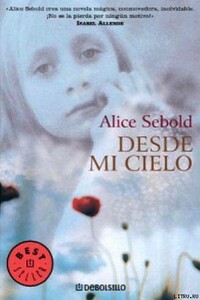than Ruth’s image of low dirgelike whisperings set to a celestial timpani.
I was the one who got to follow and watch, and, as opposed to the giddy choir, I often found these moments as painful as they were amazing. Ruth would get an image and it would burn into her memory. Sometimes they were only bright flashes – a fall down the stairs, a scream, a shove, the tightening of hands around a neck – and at other times it was as if an entire scenario spun out in her head in just the amount of time that it took the girl or woman to die.
No one on the street thought anything of the downtown girl dressed in black who had paused in the middle of midtown foot traffic. In her art student camouflage she could walk the entire length of Manhattan and, if not blend in, be classified and therefore ignored. Meanwhile, for us, she was doing important work, work that most people on Earth were too frightened even to contemplate.
The day after Lindsey and Samuel’s graduation I joined her on her walk. By the time she got up to Central Park it was well past lunchtime, but the park was still busy. Couples sat on the clipped grass of the sheep meadow. Ruth peered at them. Her ardentness was off-putting on a sunny afternoon, and when the open faces of young men caught sight of her they closed down or looked away.
She zigzagged up and across the park. There were obvious places where she could go, like the rambles, to document the history of violence there without even leaving the trees, but she preferred those places people considered safe. The cool shimmering surface of the duck pond tucked into the busy southeast corner of the park, or the placid man-made lake, where old men sailed beautiful hand-carved boats.
She sat on a bench on a path leading to the Central Park Zoo and looked out across the gravel at children with their nannies and lone adults reading books in various patches of shade or sun. She was tired from the walk uptown, but still she took her journal out from her bag. She placed it open on her lap, holding the pen as her thinking prop. It was better to look like you were doing something when you stared into the distance, Ruth had learned. Otherwise it was likely that strange men would come over and try to talk to you. Her journal was her closest and most important relationship. It held everything.
Across from her a little girl had strayed from the blanket where her nanny slept. She was making her way for the bushes that lined a small rise before giving way to a fence separating the park from Fifth Avenue. Just as Ruth was about to enter the world of human beings whose lives impinged on one another by calling out to the nanny, a thin cord, which Ruth had not seen, warned the nanny to wake. She immediately sat bolt upright and barked an order at the little girl to return.
In moments like this she thought of all the little girls who grew into adulthood and old age as a sort of cipher alphabet for all of those who didn’t. Their lives would somehow be inextricably attached to all the girls who had been killed. It was then, as the nanny packed up her bag and rolled up the blanket, preparing for whatever came next in their day, that Ruth saw her – a little girl who had strayed for the bushes one day and disappeared.
She could tell by the clothes that it had happened some time ago, but that was all. There was nothing else – no nanny or mother, no idea of night or day, only a little girl gone.
I stayed with Ruth. Her journal open, she wrote it down. “Time? Little girl in C.P. strays toward bushes. White lace collar, fancy.” She closed the journal and tucked it into her bag. Close at hand was a place that soothed her. The penguin house at the zoo.
We spent the afternoon together there, Ruth sitting on the carpeted seat that ran the length of the exhibit, her black clothes making only her face and hands visible in the room. The penguins tottered and clucked and dived, slipping off the habitat rocks like amiable hams but living under water like tuxedoed muscles. Children shouted and screamed and pressed their faces against the glass. Ruth counted the living just as much as she counted the dead, and in the close confines of the penguin house the joyous screams of the children echoed off the walls with such vibrancy that, for a little while, she could drown out the other kinds of screams.




